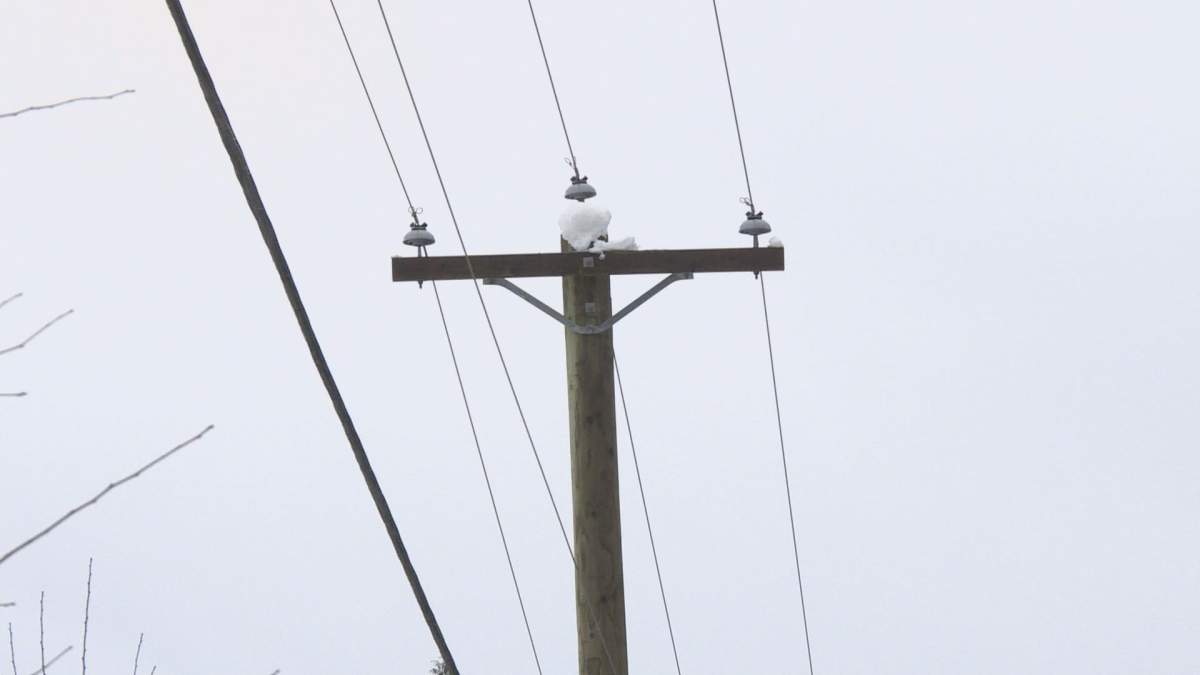If the City of Penticton wants to stop relying so heavily on FortisBC for power, a new consultant’s report says installing solar panels or using batteries or diesel generators to offset peak demand would be its best options.

Hoping to explore green energy options and cut down on its reliance on Fortis, the city, which provides Penticton’s electrical services, by buying wholesale power from FortisBC, hired a consulting firm to study other options for electrical generation.

Get weekly money news
So-called “peak shaving,” using the diesel generators at Penticton General Hospital during times of peak demand, was the only option the consultant deemed economically sound without a subsidy.
However, Midgard Consulting also notes that option is less desirable than some as it still relies on fossil fuel combustion and therefore wouldn’t fit as well into the city’s Climate Action Plan.
The consultant’s presentation notes that the generators have to be test-run each month anyway and suggests that could be done at periods of peak use to offset demand as part of a “peak shaving” program.
If the city is able to secure grant funding, the consultant recommends installing solar panels on new city buildings or using batteries for “peak shaving” as possible options, in addition to using the hospital generators.
The battery option involves storing energy during times of low demand for use at higher demand periods.
Part of the calculation of Penticton’s wholesale power cost is based on its peak demand so leveling out demand could help reduce costs.
The Midgard report said wind speeds in Penticton, on average, are not fast enough to support wind energy production and biomass energy was also rejected due to concerns about the availability of enough wood fiber.








Comments